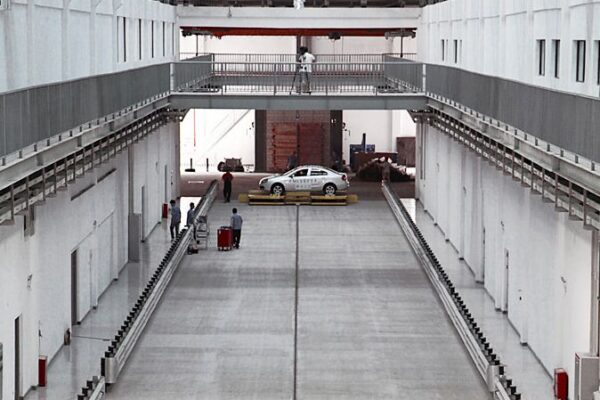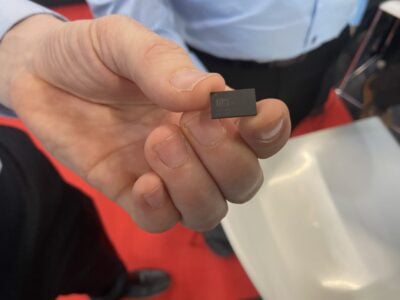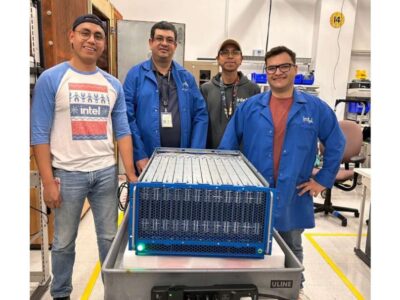
German company wins bid to crash cars in China
The situation in China is similar, only that it’s not the rules and guidelines of the different associations but several state authorities are responsible for testing and the development of new protocols.
The China Automotive Engineering Research Institute Co., Ltd (CAERI) was founded in 1965 and is responsible for all tests involving vehicle models (motorcycles, cars, buses, and trucks). A further business segment is the provision of its state-of-the-art crash-test facilities for domestic automobile manufacturers and suppliers.
Following an open tender for the gigantic crash-test facility and productive negotiations in February 2010, CAERI decided to commission the specialists from German company Messring Systembau MSG GmbH with the realization of the project in Chongqing.
The company is to build a testing center in which virtually all globally recognized automobile certification tests can be performed, including all necessary test and sensor systems.
By its scale, the project in Chongqing is unique. The building containing the crash-test facility has a gross floor space of 25,000 m2, with an acceleration track for automobile tests 294 meters long (200m of which is roofed).
A second, variable-angle, oblique impact track has been installed to allows any angle of incidence adjustments to the main acceleration track. This permits the simulation of a broad spectrum of collision scenarios involving two vehicles.
The system at CAERI is powered by two electric propulsion systems, developed especially for use in crash tests. Together, the two electric motors have a combined power rating of 2.4 megawatts. This allows vehicles with overall weights of up to five tonnes to be accelerated to a speed of 120 km/h before they collide with the impact block.
Even high speed crashes with 25-tonne trucks and buses can be simulated with this system – a unique capability, offered only by the facility in China, claims CAERI. Despite the high velocities and extreme forces used in crashing the vehicles, tight tolerances have been defined by CAERI during the approval and acceptance of the facility.

A Car2Car test buildup taking place within the facility: (Copyright CAERI)
The maximum permitted deviation in speed with the track system under full load was only +/- 0.15 km/h and the precision with which two test vehicles collide in Car2Car tests had to be within a maximum tolerance bandwidth of +/- 1 centimeter. CAERI relies not only on system technologies provided by Messring, but also on a comprehensive package of sensor and data logging systems “Made in Germany” for the precise documentation of crash tests.
Visit the China Automotive Engineering Research Institute Co., Ltd (CAERI) at https://en.caeri.com.cn
Visit MESSRING Systembau MSG GmbH at www.messring.de
Related articles:
Vehicle-to-Vehicle: snapshot of the NHTSA report
Crash test verifies: driver assistants can mitigate crash forces
KT spins off crash test company
TÜV Süd expands test portfolio for electric vehicles
 If you enjoyed this article, you will like the following ones: don't miss them by subscribing to :
eeNews on Google News
If you enjoyed this article, you will like the following ones: don't miss them by subscribing to :
eeNews on Google News




